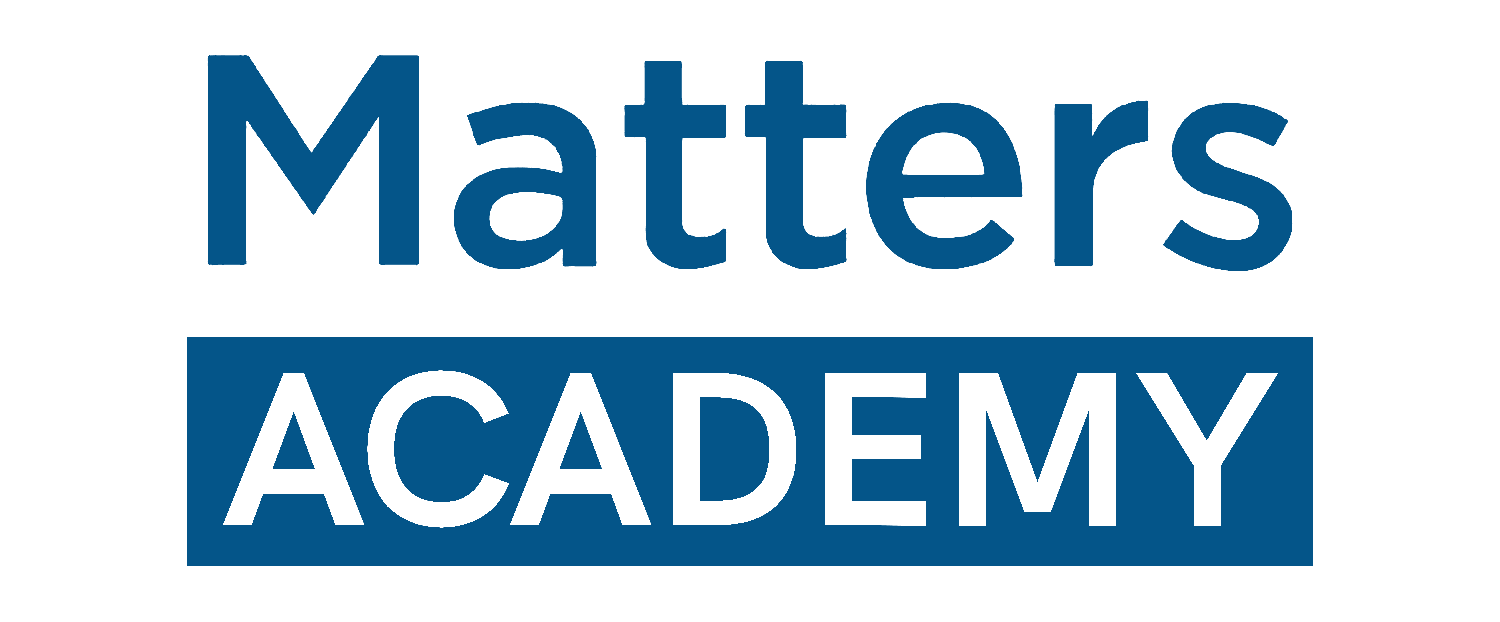Private Equity and Pharma:
A Future-Fit Opportunity for Healthcare Innovation?

Bain Capital’s acquisition of Mitsubishi Tanabe Pharma marks a notable private equity move in the pharmaceutical industry. As PE firms expand their investments in healthcare, the conversation centers on whether these investments can drive medical breakthroughs and expand patient access while maintaining long-term value creation.
Applying the Future-Fit Business Benchmark to Healthcare Investments
Private equity firms excel at assessing financial risk, but a critical new dimension is emerging—one that considers extra-financial risks.
For firms seeking a future-ready approach, the Future-Fit Business Benchmark (FFBB) offers a structured framework. The Benchmark’s Break-Even Goals (BE) define the minimum thresholds companies must meet to ensure they do no harm, addressing issues like pollution, labor rights, and ethical governance. Not incorporating this approach can present systemic risks, leaving investments vulnerable.
Integrating Break-Even Goals into investment strategies helps future-proof portfolios, ensuring resilience in a rapidly evolving market. As financial and societal accountability converge, private equity firms must adapt. Here are a few Break-Even Goals that may be relevant to the pharmaceutical industry:
- BE09-Community Health is Safeguarded: Ensuring that cost efficiencies and operational changes do not compromise the health and wellbeing of communities in which it operates through pollution, resource depletion, or other harmful activities.
- BE10-Employee Health is Safeguarded: Ethical and safe workforce management can support a stable pipeline of innovation and talent retention in R&D and manufacturing.
- BE20-Business is Conducted Ethically: Transparent pricing models and responsible supply chain management as well as robust internal controls and reporting mechanisms contribute to trust and long-term sector resilience.
Thematic and Strategic Alignment for Sustainable Value Creation
Private equity firms looking to align their investments with specific themes or strategic priorities—such as expanding healthcare access, advancing medical innovation, or strengthening workforce development—can use Positive Pursuits (PPs) to identify businesses that actively contribute to these goals. While Break-Even Goals ensure companies do no harm, Positive Pursuits highlight those creating meaningful progress.
Examples of Positive Pursuits that are possibly relevant to the pharmaceutical industry are:
- PP16 – More People Are Healthy and Safe from Harm: Strategic investments in early-stage drug research, rare disease treatment, and expanded global access programs enhance healthcare outcomes, and improve the lives of people that need them.
- PP17 – People’s Capabilities Are Strengthened: Supporting training for medical professionals, R&D collaboration, and digital health technologies enables systemic healthcare improvements.
Measuring Impact: Future-Fit Progress Indicators for Pharma PE Deals
Tracking progress without a clear end goal risks becoming business as usual. To drive real change, private equity firms must embed backcasting—starting with the desired future state and mapping the steps needed to get there—into their measurement approach. The Future-Fit Business Benchmark provides Progress Indicators that help firms set long-term sustainability goals, assess where portfolio companies stand today, and create a strategic roadmap to bridge the gap between current performance and future success. Rather than arbitrarily tracking ESG metrics, measurable progress with an end goal in mind can drive systemic change. To ensure investments contribute to long-term patient and societal benefits, integrating progress indicators into deal assessments can provide clarity:
- R&D investment allocations in breakthrough therapies vs. incremental innovations
- Expanded access to life-saving drugs in underserved markets
- ESG integration within portfolio company operations
A Long-Term Vision
Private equity has the potential to drive medical innovation and healthcare accessibility, provided that investment decisions balance financial objectives with broader health outcomes.
What role can private capital play in shaping the future of drug development? Let’s explore the possibilities.
THIS ARTICLE WAS CREATED BY
ESG Matters
Founded by one of the sustainability pioneers Dr Glenn Frommer, ESG Matters specialises in ESG data analytics, intelligent sensing technologies and sustainability advisory. Since 2014, ESG Matters has been a creator of digital platform solutions to meet the needs of sustainable impact investing and green financing. Working closely with listed companies, SMEs, and various growing organisations, ESG Matters aims to address the global market through providing business process outsourcing (BPO) services and solutions to achieve the relevant sustainable development goals (SDGs) and building resilience to climate change.
To learn more, visit http://www.esgmatters.asia
To learn more, visit http://www.esgmatters.asia

